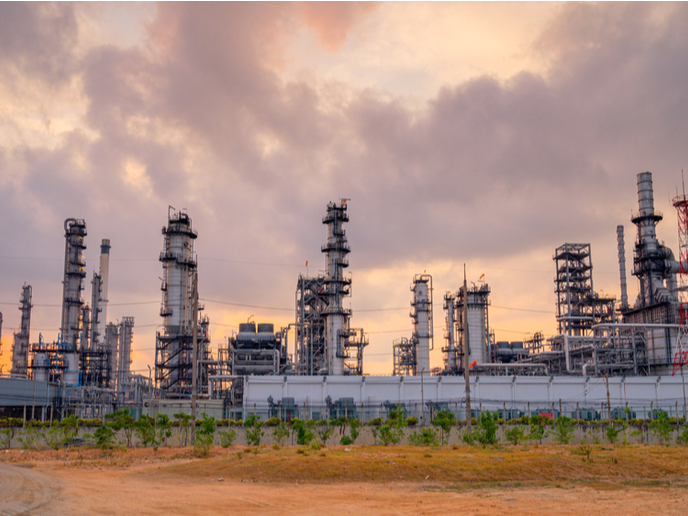Greener combustion in aircraft engines
Aero-engine emissions include nitrogen oxides (NOx), carbon monoxide (CO), volatile organic compounds such as unburned hydrocarbons (UHCs), sulphur oxides (SOx) and soot. NOx plays an important role in stratospheric ozone depletion and, together with UHC and particulate emissions, is a major contributor to smog formation on the ground. NOx and SOx lead to smog acidification. Reduction of pollutant emissions from aero-engines will thus have important benefits for the environment and public health. Lean combustion engines are among the most promising technologies for greener air transport. The EU-funded project 'Technologies enhancement for clean combustion in aero-engines' (TECC-AE)(opens in new window) implemented a staged combustor for major impact on NOx reductions and UHC and CO emissions. Furthermore, they accomplished this within the context of light weight, simplicity and cost effectiveness with weight reductions corresponding to lower fuel consumption and CO2 emissions. TECC-AE delivered a globally optimised compact ultra-low NOx (ULN) injection system with lower flame temperatures resulting in less NOx formation. It includes an optimised cooling system and improved techniques to minimise the impact of unsteady flow on ULN injection and combustion systems. Computational fluid dynamics models developed within the project were used to ensure optimal environmental and operational performance. In addition, scientists achieved important cost reductions in terms of development, acquisition, maintenance and operation. Project outcomes are expected to accelerate the adoption of lean combustion technologies with internally staged injection systems. The technology should have major impact on environmental and public health not to mention aircraft certification and the competitiveness of the aerospace industry.







